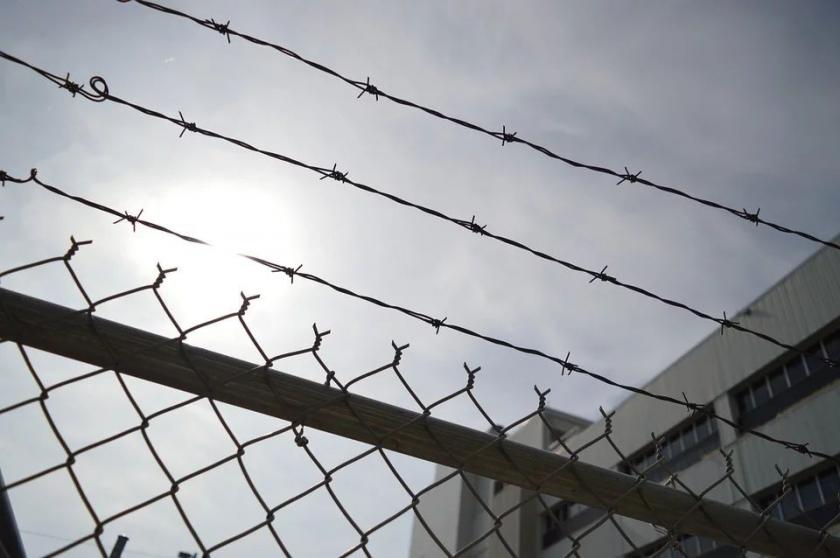Women are still on the streets
It is no coincidence that women of the world take to the streets with very similar slogans and demands on 25 November. Because violence is one of the fundamental problems that unite women, despite all their differences.

Fotoğraf: Evrensel
It is 60 years since the resistance that gave birth to November 25, declared as the International Day of Struggle and Solidarity Against Violence Against Women worldwide. In 1960, three sisters in the Dominican Republic, who had been fighting for the freedom of their country - under dictatorial leadership for 30 years - were raped and killed by soldiers of the dictatorship. If the women were not members of an organisation, the death of Mirabel sisters would have gone down in history as an ordinary car accident, as the dictator claimed at the time, and forgotten. But that didn't happen. The Mirabel sisters were part of the Clandestine Movement that fought against the dictatorship. The Clandestine Movement both brought the facts to the surface and played an important role in the overthrow of the dictatorship.
The name of the dictator who killed the Mirabel sisters is cursed, but the names of the fighters spread throughout the world, inspiring a day of worldwide struggle. Mirabel sisters continue to live in the memory of all continents, all countries, cities, schools, workplaces for years; they bring together women from all walks of life all over the world under the same message...
It is no coincidence that women of the world take to the streets with very similar slogans and demands on 25 November. Because violence is one of the fundamental problems that unite women, despite all their differences.
Violence is a systematic form of torture, a means of domination, a control mechanism the source of which is inequality. This system of inequality, which normalizes the use of violence against a woman, actually changes/shapes us with every woman who is murdered, raped and discriminated against even if we are not the individual physically subjected to violence, rape, or threatened with death. Violence is also a form of intimidation and warning for women who has not yet been subjected to or encountered the viciousness of that violence. Because with every woman subjected to violence, all women are taught about their boundaries. It is the expectation of obedience. It imposes an inner fear on women, an obligation to know boundaries, to draw their own life, expectations from life and relationships within these limits. Violence, as an act of setting boundaries drawing its power from inequality, also acts as a means of the woman to "know your place". Therefore, it is a political choice of states and governments to leave women alone in the face of violence. Decriminalisation of violence by putting it in the category of “shame”, instead of empowering women against male violence, using state power and resources to ensure equality or taking concrete steps in this direction is an indication of this choice. So is saying “It is very difficult to determine that a murder is a femicide”, ignoring the fact that women are systematically murdered, and also to turn femicide into a criminal “naming” issue.
"Determination" of women going out on the streets in their thousands every November 25th is in fact a political response to this political attitude; to join the struggle and become the subject of their own lives…
Despite the conditions during the pandemic, this year for November 25th , women came together in many parts of the country in neighbourhoods and districts throughout the week with activities and statements. Many social media and online gathering opportunities were used to meet, to talk, and to share. On November 25, in marches and statements in the districts during the daytime and in city squares in the evening, they said “Enough is enough” to a government that intends to take advantage of the pandemic and violate their rights. Women of Manisa called out to women workers of Vestel, whom were made to continue working at great risk of their lives in the pandemic. Women of Dersim attributed this November 25th to health workers and Gülistan Doku (who has been disappeared for almost a year). Women of Trabzon organized a cavalcade crossing the city from one end to another against male domination consuming the city. The agenda of the women of Izmir was the aftermath of the earthquake; attention to the reactionary nature of women's universities in Ankara was discussed; in the early hours of the November 25th, Avcılar, Beylikdüzü, Esenyurt Ekmek ve Gül (Bread and Rose) groups met with the striking KT Leather workers. In the pandemic hotbed of the organized industrial zone in Tuzla, they went and met women workers. The power of unity was reflected in the faces, banners and slogans of the women despite the difficult pandemic conditions. November 25th was a response given to those who tried to imprison us in houses by reclaiming the streets.
Social engineering based on women's unconditional obedience and the sense of duty in serving power is interrupted by women's persistence in their rights and freedoms. The conditions that cause increased and brutal violence also become conditions that tipped women's patience over the edge. These conditions are becoming the force for women to raise their voice and struggle together in all circumstances. This insistence to stand side by side, to shout together and to organize their power despite the pandemic; this effort to be on the street is also an answer to those who tell these stubborn women to "know their place".








Evrensel'i Takip Et